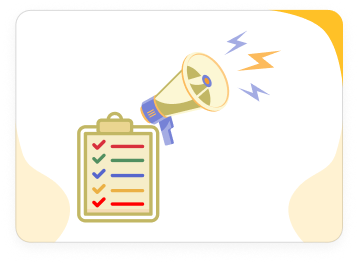Ready to simplify your social media audits? Fill out the form to instantly download your free Social Media Audit Template.
This template is designed to help you save time, stay organized, and analyze your social media performance effectively.
What makes it even better?
It’s fully customizable in Google Docs or Spreadsheet format, making it perfect for collaborating with your team and optimizing your social media strategy.
What you’ll gain:
➔ Track and analyze your social media performance using key metrics such as engagement rates, audience growth, and content reach across platforms.
➔ Spot gaps and identify opportunities for your current digital marketing strategy to align your business goals.
➔ Compare your performance with your competitors to identify areas of improvement and differentiation.
➔ Leverage actionable insights for impactful content strategy with platform-specific trends, and audience preferences.







